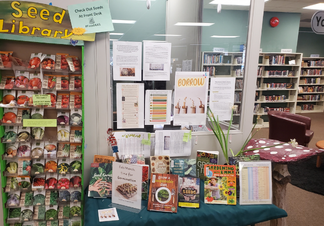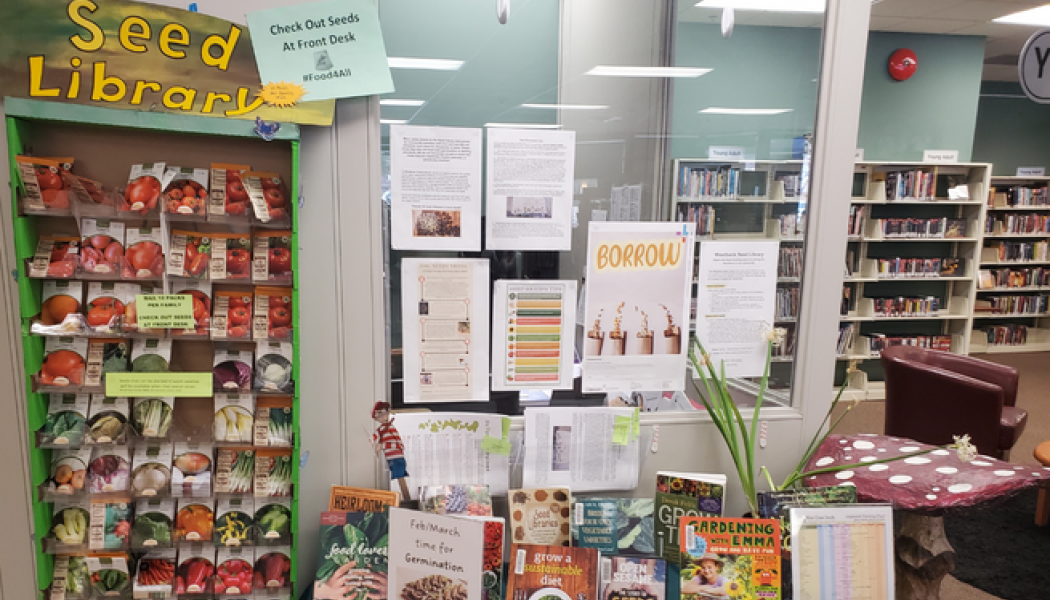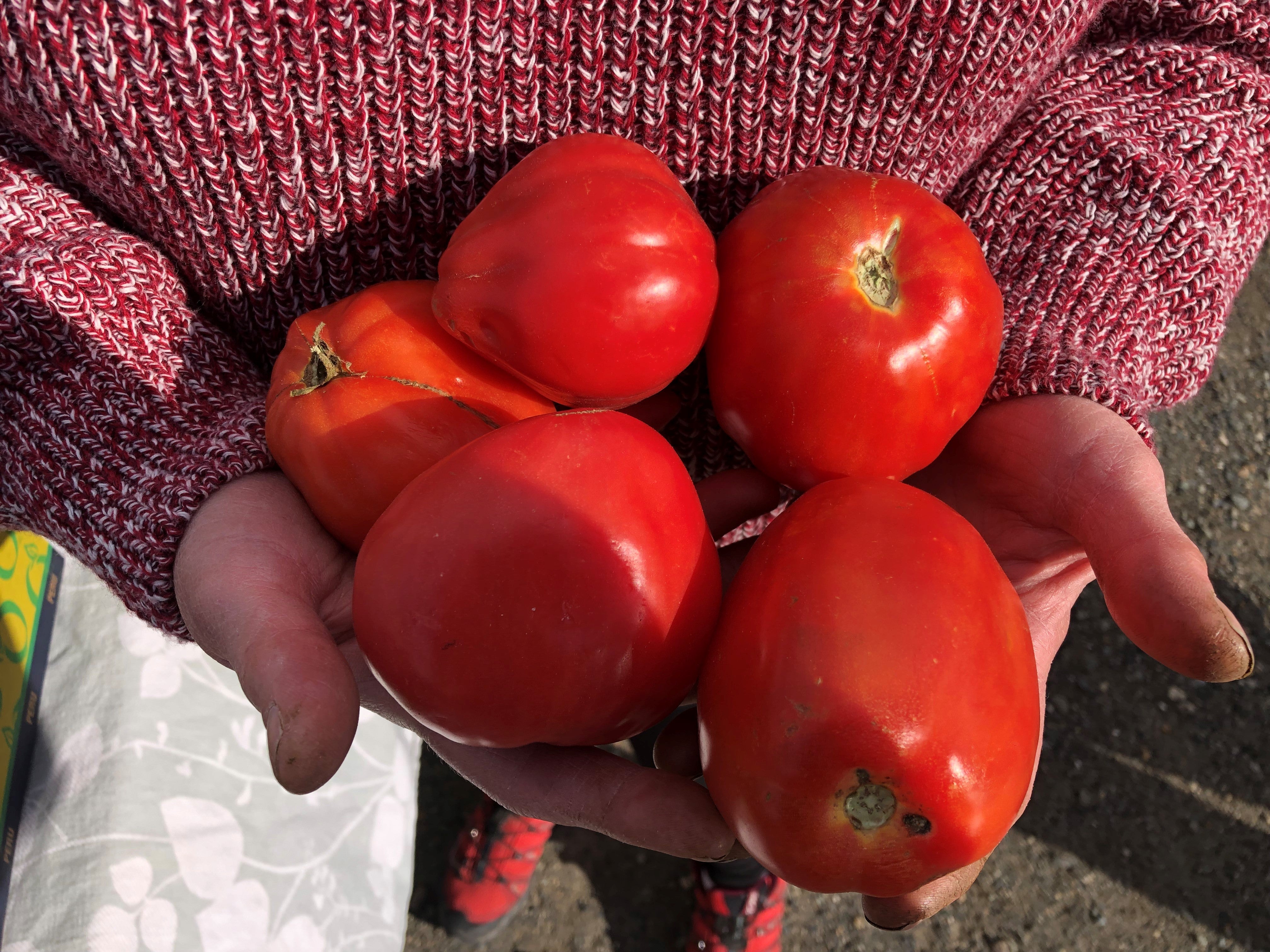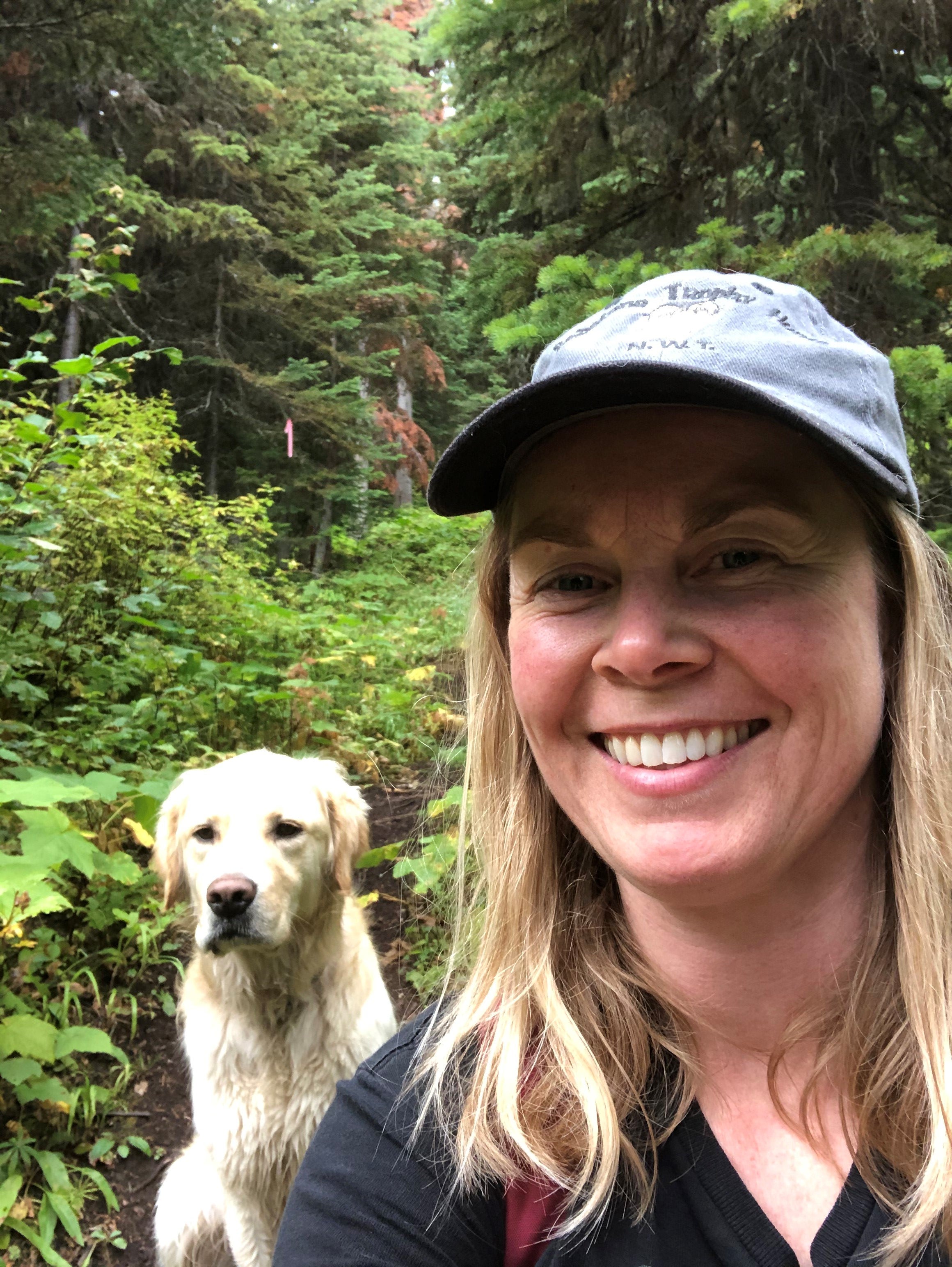Guest post by Alexis Blueschke, RD, a public health dietitian for Interior Health.
Have you ever planted a seed and watched it grow? Last year, I planted a tiny tomato seed and it was magical. I watched a single seed grow into a six-foot-tall plant, heavy with red, ripe tomatoes, in the span of four months. Growing your own food is a great way to learn about food and sustainability.
Around the world, and here in B.C., there are organizations and groups working to support and transform our food systems. By growing our own food, taking advantage of local programs, and staying up-to-date on local and global initiatives, we can do our part to ensure a secure food future.

















